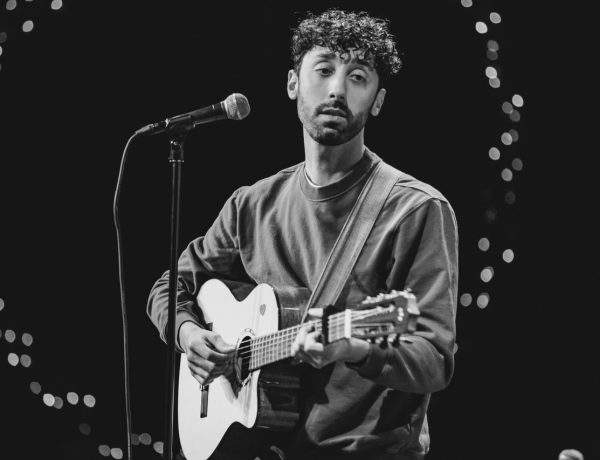Recent movies like Dunkirk and Darkest Hour have served to remind us of the drama and horror of World War II. One of the leading experts on that conflict is Jay Wertz, an author and historian who latest book, The World Turns to War, is an atmospheric, exhaustive and authoritative account of that never to be forgotten period.
It’s been said that to understand the present and future we need to look to the past. Do you agree with that sentiment and how does it relate to your new book?
History is a series of patterns replicated by humans who tend to retain bad habits in spite of the lessons of history. Violence is a nasty habit used by humans to resolve differences. Supreme confidence is the face of all odds is another. Napoleon was defeated by the Russians in winter. So was Hitler, who was supremely confident in thinking he was smarter than Napoleon. Had he studied the history of Napoleon’s campaign and applied its lessons he could have made intelligent decisions that might have led to success.
There have been a lot of political tensions in Europe recently – what parallels do you see between international relations there now and in the period leading up to World War II…and should we be worried?
The rise of right-wing political parties in Europe, in reaction to new immigration patterns, portends danger if left unchecked. It is up to the governments of the EU and UK to put aside their differences and work toward peaceful solutions to accommodate the changing demographics of Europe. Failure to do so will lead to the increasing strength of radicals on both ends of the political spectrum, which ultimately doomed Europe in the 1930s.
How good a job did the films Dunkirk and Darkest Hour do of educating people about what the world was like in those dark days of WWII?
The most profound impact of these two movies is their ability to expose a greater number of people to this portion of the World War II tapestry. They set the background of the period’s events; then focus on the crises and personalities central to the films with appropriate dramatic tension and cinematic devices that captivate audiences.
What can people learn from your new book about WWII that they can’t learn in those recent movies?
While these are two fine movies, they necessarily highlight the situations and events which closely involve and affect the central characters of the films. There are many reasons why the British found themselves with their backs against the wall at the end of May 1940. The country had spent two decades after the devastation of World War I ignoring European tensions and focusing on internal rebuilding and ruling the British Empire. Efforts to encourage the growth of a Germany democracy, and later appease the growing fascist threats in Italy and Germany, were accepted by most in the government of the United Kingdom and among its people.
War preparations were few. The draft of young men was both late in occurring and limited in scope. New weapons such as the Spitfire fighter and superior tanks were slow to reach production. Finally, when war did arrive the British did not control the tactical situation. Though their undersized force on the continent was in the hands of capable commanders, strategic leadership was in the hands of the French, who reacted poorly to the sudden appearance of the German Blitzkrieg. This swift advance saw the British Expeditionary Force with few options and they quickly became bottled up. Only the saving of the army at Dunkirk, and Winston Churchill’s dogged stubbornness to stiffen French resolve, then the resolve of his cabinet and the British people, saved the situation in Western Europe at that time.
Winston Churchill is a central figure in your work – what do you find so fascinating about him that you keep coming back to write about him again and again and what could today’s political leaders learn from Churchill?
Churchill was a born leader who, as a journalist, had both experienced history and understood it in his storytelling. He knew the strategy and tactics of war. When his time came to lead, he combining this knowledge with his innate abilities to motivate and persist. His didn’t allow personal weaknesses to dilute his strengths and as a result became a great wartime leader.
The Winter Olympics will take place in February in South Korea and the event is set to be very politically charged. What do you see as the tensions involved there and how can you put them in an historical context?
While I expect the 2018 Winter Olympic Games to be great contests of skill, nerve and competitiveness, they take place in a part of the world where political tensions have never really subsided since the end of World War II. It’s important to reflect on one of the first politically and racially charged Olympics and remind the governments of the world that the Games are not the venue to advance political ideologies.
Describe for us your previous and upcoming creative work on WWII and where can the titles be purchased?
The World Turns to War is the fourth in an eventual twelve-volume publication telling the complete story of World War II. Features include interviews with those involved, thorough narrative and stunning visuals. I am continuing to write new books in this series and also in a series of short graphic histories of key battles.
In the United States, the books are available at a number of museums, bookstores and online outlets including monroepublications.com. In the UK and EU the books are available at bookstores and through casematebooks.com
Read more celebrity interviews at Cliché Magazine
Images provided by Flickr CC License


